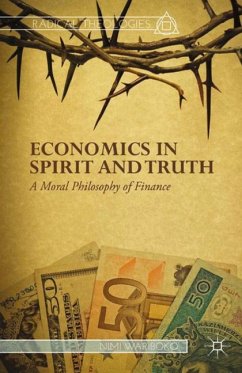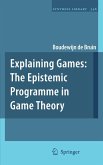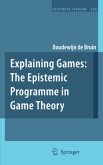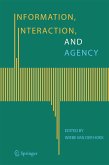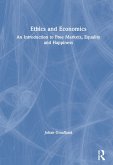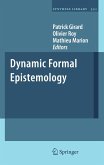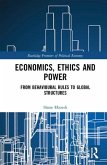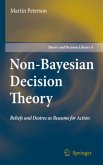Wariboko offers a critical-philosophical perspective on the logics and dynamics of finance capital in the twenty-first century in order to craft a model of the care of the soul that will enable citizens to not only better negotiate their economic existences and moral evaluations within it, but also resist its negative impact on social life.
"Many philosophers and theologians rail against the neoliberal global economy but fail to provide any substantive solutions in response. Nimi Wariboko shows us how to live in but yet not be of our late modern financial systems. He invites us to exercise our freedom not merely to participate in the consumer market but to critically engage and resist its demands for conformity through an ethic of counter-predictability. Economists, philosophers, and theologians ought to attend to this clarion call to live authentically and (for religious people) faithfully amidst the volatility of the present capitalist regime." - Amos Yong, Professor of Theology and Mission, Fuller Theological Seminary, USA
"Economics in Spirit and Truth builds on Wariboko's previous work, including God and Money. Here he analyzes the complex inner logic of finance capitalism, and draws on Pentecostal theology as well as Agamben's philosophy of potentiality to develop an ethics of antifragility. This is an extremely provocative synthesis, one that offers tools to think and practice a genuine care of the soul." - Clayton Crockett, University of Central Arkansas, USA
"Economics in Spirit and Truth builds on Wariboko's previous work, including God and Money. Here he analyzes the complex inner logic of finance capitalism, and draws on Pentecostal theology as well as Agamben's philosophy of potentiality to develop an ethics of antifragility. This is an extremely provocative synthesis, one that offers tools to think and practice a genuine care of the soul." - Clayton Crockett, University of Central Arkansas, USA

